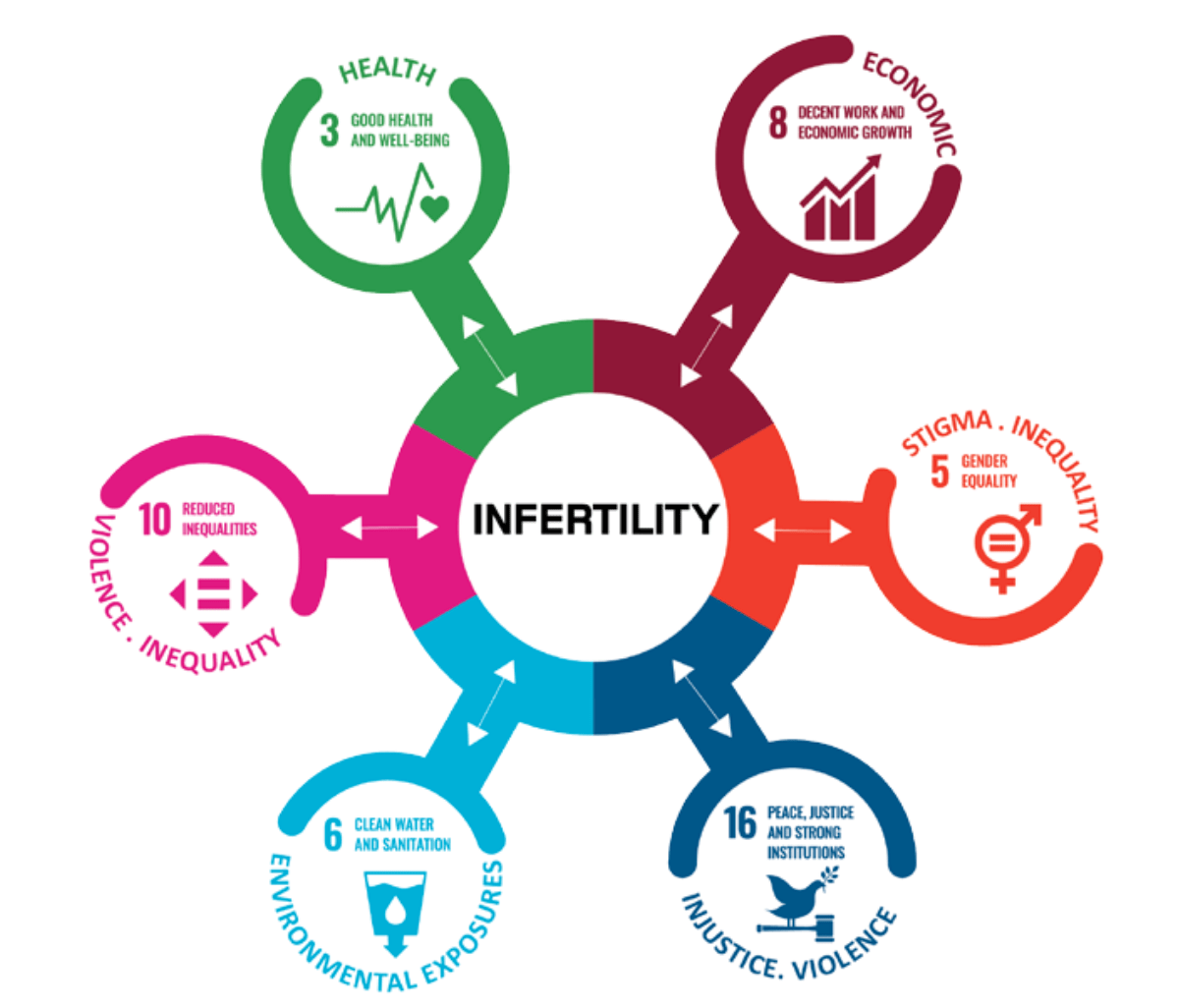Breaking the silence around infertility: a scoping review of interventions addressing infertility-related gendered stigmatisation in low- and middle-income countries
Share-Net International (SNI) is delighted to share the following article about Infertility, published in February 2023 in the journal Sexual and Reproductive Health Matters. The article builds upon an SNI grant about Infertility, a reproductive health concern that deserves attention, aiming to be of practical assistance to help act upon and break the silence on infertility.
Context
Following the 2019 Share-Net Co-Creation Conference (CCC) held in Amsterdam, The Netherlands, a small grant funding research focusing on Breaking the Silence on Infertility was awarded. The project was a co-creation among representatives from four different countries – Bangladesh, Jordan, Burundi and the United Kingdom who collaborated during the CCC. With this project, the team created a video series to document the real-life experiences of people living with infertility in different countries and raise people’s awareness on this subject.
The resulting knowledge products included a Policy Brief, a series of YouTube videos in Arabic, Bengali, English, Kirundi, and an executive summary. This included a review of interventions in three priority areas;
- The prevention of infertility
- Access to quality (in)fertility care
- Destigmatisation of infertility and childlessness
Breaking the silence around infertility: a scoping review of interventions addressing infertility-related gendered stigmatisation in low- and middle-income countries
Abstract: Infertility is a reproductive health concern that deserves attention, as reconfirmed by the 2018 report of the Guttmacher-Lancet Commission on Sexual and Reproductive Health and Rights (SRHR).However, governments and SRHR organisations tend to neglect infertility. We conducted a scoping review of existing interventions aiming to decrease the stigmatisation of infertility in low- and middle-income countries (LMICs). The review consisted of a combination of research methods: academic database (Embase, Socological abstracts, google scholar; resulting in 15 articles), Google and social media searches, and primary data collection (18 key informant interviews and 3 focus group discussions). The results distinguish between infertility stigma interventions targeted at intrapersonal, interpersonal and structural levels of stigma. The review shows that published studies on interventions tackling infertility stigmatisation in LMICs are rare.Nevertheless, we found several interventions at intra- and interpersonal levels aiming to support women and men to cope with and mitigate infertility stigmatisation (e.g. counselling, telephone hotlines, and support groups). A limited number of interventions addressed stigmatisation at a structural level (e.g. empowering infertile women to become financially independent). The review suggests that infertility destigmatisation interventions need to be implemented across all levels. Interventions geared to individuals experiencing infertility should include women and men and also be offered beyond the clinical setting; and interventions should also aim to combat stigmatising attitudes of family or community members. At the structural level, interventions could aim to empower women, reshape masculinities and improve access to and quality of comprehensive fertility care. Interventions should be undertaken by policymakers, professionals, activists, and others working on infertility in LMICs, and accompanied with evaluation research to assess their effectiveness.
DOI: 10.1080/26410397.2022.2134629
Authors: Trudie Gerrits, Hilde Kroes, Steve Russel, Floor van Rooij.
Keywords: infertility, stigma, destigmatisation, awareness raising, counselling, education interventions, gender, low- and middle-income countries
Read the full article here.
